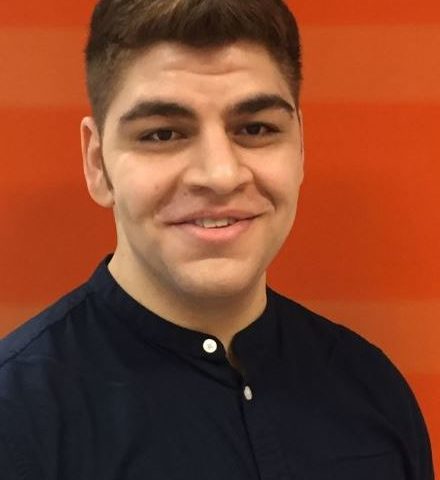Date published: 28/09/18

Scaffolds for Breast Cancer and Tissue Regeneration
- Name: Morteza Bazgir
- Current Organisation: University of Bradford
In May, Translate opened its summer student project scheme to support small medical technology development projects in the Leeds City Region. The scheme proved to be a massive success and 26 unique projects were funded. Learn more about their work in this blog.
My name is Morteza Bazgir, and I’m a PhD research student at the University of Bradford (UoB). From a young age, I have been fascinated by the human body and its working mechanisms. Being an energetic and active individual myself, I find the scientific and practical approach utilised by biomedical engineering very appealing. In addition, the prospect of improving patient’s well-being, health and fitness, and overall quality of life has had a positive impact on my research interests. I have a huge passion to design and introduce new approaches for helping others.
As a PhD student my current project mainly focuses on the fabrication and characterisation of various biodegradable scaffolds for tissue engineering of tubular vascular graft as well as developing tissue engineered scaffolds for individuals who have been diagnosed with breast cancer. The aim of this project is to develop a new composite scaffold with a dual functional purpose by using an electrospinning device for breast cancer treatment as metastatic risk and tissue regeneration is high following surgery.
To date, the tissue engineered scaffolds has been successfully obtained using an electrospinning machine. Various tests have been carried out to validate the characteristics of our scaffolds and currently we are working on scaffold cell viability. This project will open up opportunities for further funding and eventual commercialisation. The commercialisation opportunities will be aimed to advanced medical technology products through the in-house manufacturing of a prototype with multi-purpose regenerative possibilities.
This work will lead to the production of a single device with unique and state of the art properties including drug targeting for the post-surgical treatment of breast cancer and other types of cancer which can be exploited further. For future work, the polymers used for targeting are implantable in animal models with subsequent pre-clinical trials to be carried out in 2019-20.







